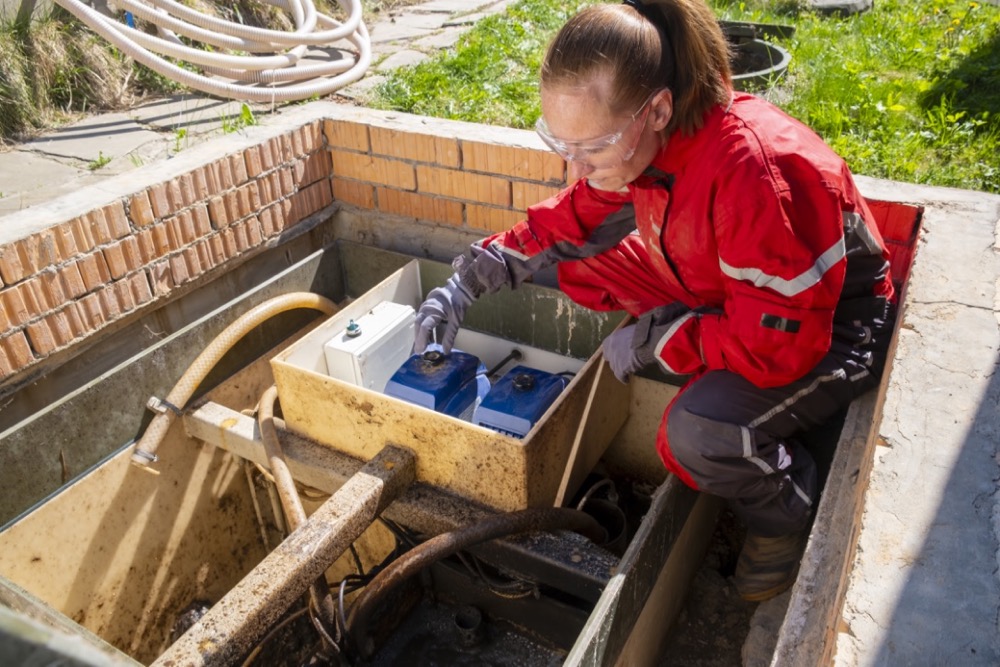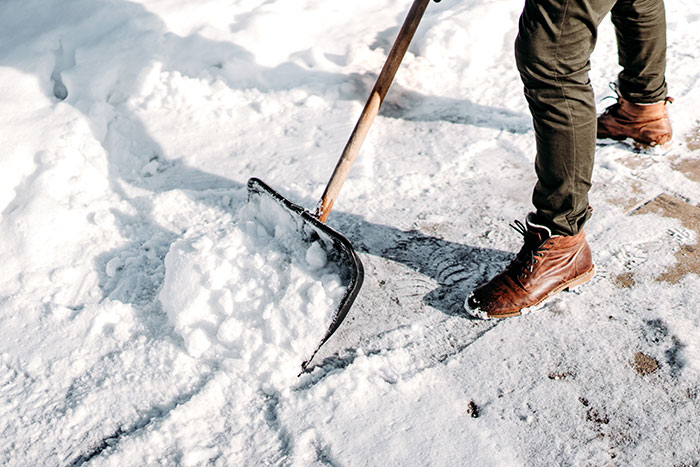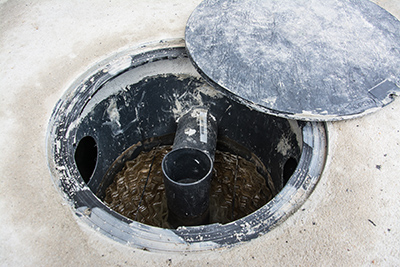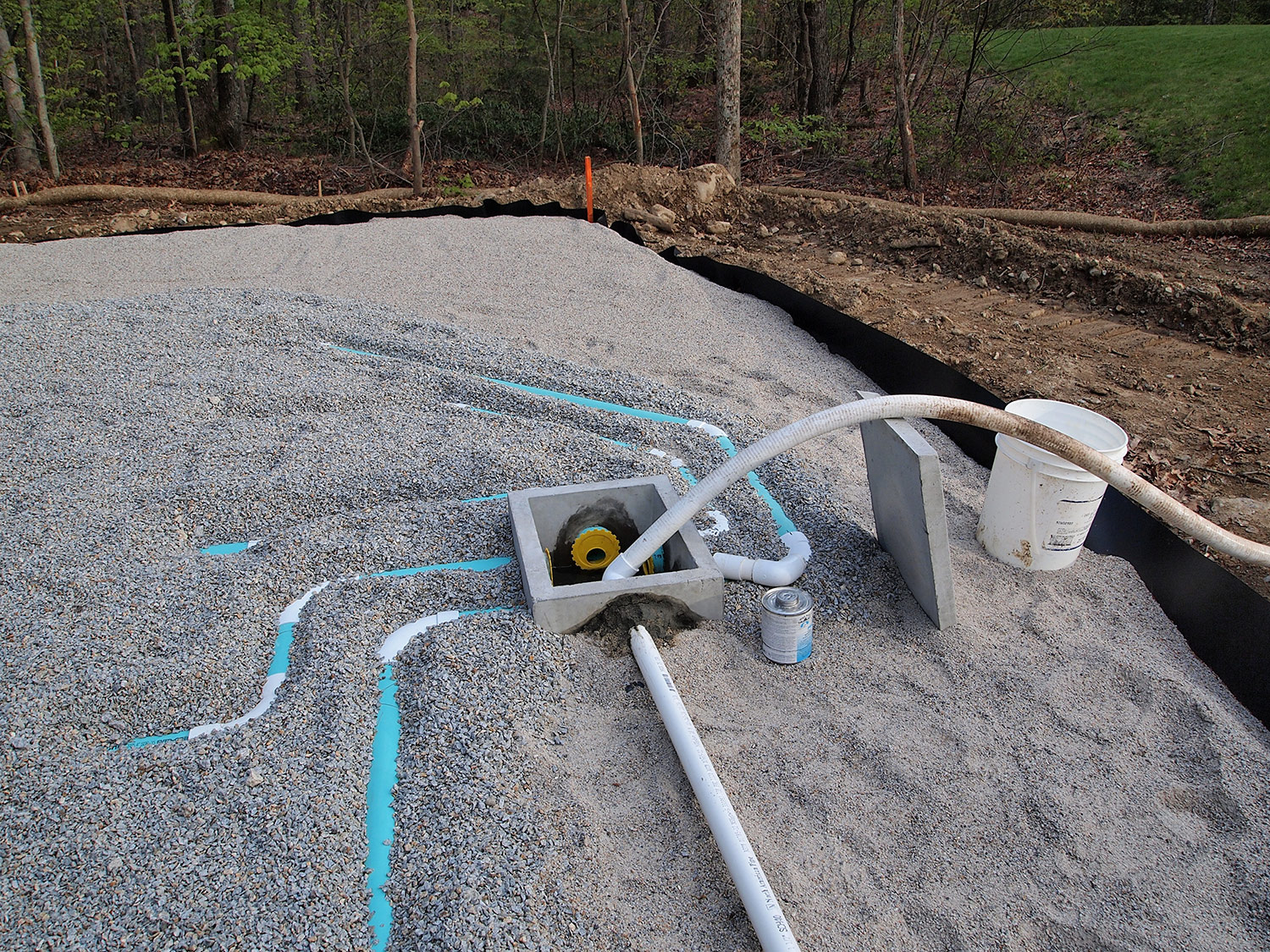
A septic system inspection is one of those home maintenance tasks that you might put off, and then put off some more. Because septics exist underground in the backyard, they are often out of sight, out of mind. But letting it go too long without an inspection can result in some major problems if the system fails.
Plus, septic inspections are also required if you plan to sell your home. Even if you don't know if you're going to sell, keeping your septic system in good condition will save you thousands of dollars in repairs if anything does go wrong.
Here's everything homeowners need to know about a septic system inspection.
How often should you get a septic system inspection?
Experts say you should get a septic system inspection every three years. But here's a dose of reality: Most homeowners never get their septic systems inspected unless there is a notable issue.
But that means homeowners get an inspection only when issues that may signal big trouble arise, such as when the toilet backs up, water takes too long to drain, or there's an actual septic system leakage. The benefit of doing an inspection every three years is to avoid major problems like these.
The three-year mark is also the maximum amount of time you should let your septic system go without being pumped out.
A problem caught at inspection can save you from having to replace the entire septic system (read: shell out a ton of money). It's especially important to keep your septic system in good shape if you plan on selling. During closing, a certified inspection will be performed and you don't want any last-minute surprises.
Who should perform a septic system inspection?
You're going to want to hire a professional septic contractor for the inspection.
General home inspectors do only a limited, visual-only inspection of the septic system.
A septic contractor will look for cracks in the tank indicated by a low level of liquid, the amount of solids inside the tank using a measuring device called a "sludge judge," and possible ground contamination.
How much does a septic system inspection cost?
Cost depends on how extensive the septic inspection is as well as the size of the tank, which is usually either 1,000 or 1,500 gallons. But a basic septic system inspection typically runs between $300 to $600.
You can also reach out to your local health department to see if it performs inspections for a reduced price.
Is the home seller or buyer obligated to get an inspection?
The person who's responsible for carrying out the inspection is determined based on where you live.
In Massachusetts, the standard purchase agreement contract states that it's the home seller's responsibility to get the septic inspected. If you live in a state with this type of timing caveat, don’t do an inspection before an accepted contract or you may have to do it all over again to meet the contract timeline.
Bottom line: Ask your local real estate professional about your obligation regarding the septic system inspection.
For more information, contact Morse Engineering and Construction.
Source: realtor.com



